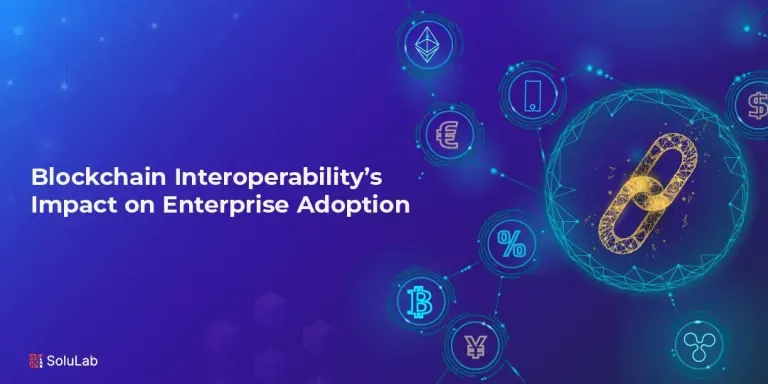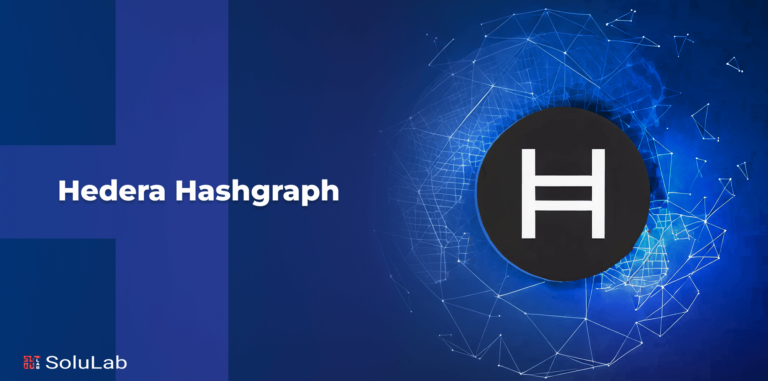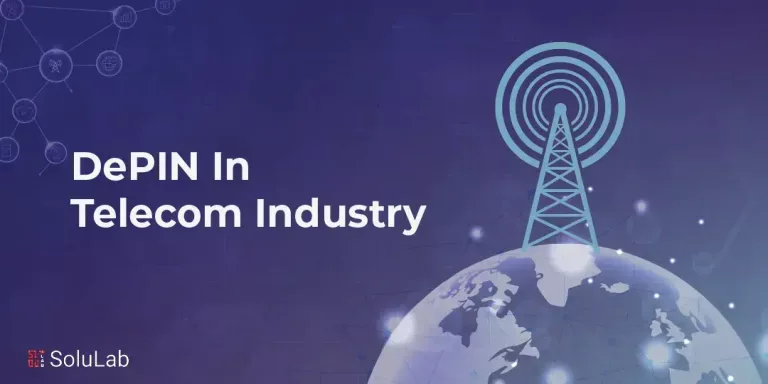The education is such a sector that it will never experience recession. There will always be a demand of education, learning, and training. However, there will be transformations with each new generation and each new technology advent. The future of education somewhat looks like more tech-savvy, more digital and more personalised.

In the flood of technology, a relative new bud has embarked its journey prominently. Yes, you guessed it right. We are talking about none other than blockchain technology. Also, it is set to disrupt a number of industries / sectors, including education sector.
The blockchain adoption can transform the entire education system upside down. Experts have predicted that the future of education, because of blockchain, will be smart. On the other hand, there are still debates going on for the adoption of blockchain and its success later on. Let’s take a look – how the future of education will be shaped by the blockchain technology!
Future of Education: Smart And Blockchain-based?

AI has already spread a terror that the technology will replace human intelligence. Some of the educators and tutors are panic that there will not be a pool of the students in the near future since artificial intelligence will take care of tutoring requirements too. And, as if this wasn’t enough, the buzz of blockchain has even added fuel to this fire.
However, the fact is education will never disappear. There will always be a requirement of tutors for students and students for tutors, though the way educators provide education might be completely different than the traditional way.
Current Challenges And Limitations In The Education Sector
Like any other industry, education sector is also no exception in facing day-to-day challenges. To name a few, these challenges are:
- Fake CVs and false degree certificates
- Uneven demand supply of tutors and students
- Bad debts experienced by institutes due to delay or no payment of fees
- Skyrocketing costs of higher education
How can blockchain contribute in making the future of education smart and solving existing challenges?
The cryptorevolution has already begun. This digital world offers potential to achieve the desired educational goals by handling existing challenges. It is expected to change the things around by making education more affordable and more beneficial. It will exclude involvement of third parties and improve traceability of all degree certificates. No doubt, the adoption of blockchain technology in education sector will be proved trustworthy by nature and as simple as it is supposed to be.
The latest solutions that need to be well versed with are the concepts of decentralization, cryptocurrency and smart contracts. People needs to be educated through these, and get competent for the constantly changing business demands.

Independent educational market
Just like how educational mobile apps allow, ratings and reviews will be here too. But they will be verified by the students on blockchain platform and hence, more trusted. Similarly, degrees, certificates, experiences, and everything else that are required for evaluation of a course, job, teacher, or an educational institution could be put on the blockchain. This will pave a way to the free and independent educational market where the best and deserved educators will get more success.
Trusted e-portfolio of academic credentials
The transparency that blockchain offers leads to building trust between the parties. As students can store their degree certificates, mark sheets, e-achievements, etc. on blockchain, it can fix the issue of fake profiles being applied at jobs. If the documents are stored on blockchain, it builds authenticity and one can easily check whether it is valid or not.
Sony and IBM have partnered to create an educational platform to “secure and share” an unspecified amount of student records. This platform could include things beyond graduation certificates to include information like transcripts, attendance records, and more.
Mega control on degree frauds
The educational data stored in the blockchain is matched with users’ ID for checking, validating and maintaining by the miners from all over the world. So, its a big no to degree frauds. On this platform, both the reliability and authority are ensured, which results in drastic reduction of degree fraud.
Payment through cryptocurrencies
Blockchain enables crypto transactions.
Did you know: Some universities — University of Nicosia, King’s College in New York, and Simon Fraser University in BC, to name a few — have begun to accept cryptocurrency as payment for tuition fees?
Since June 2017, Montessori schools located in Manhattan have evidently started accepting fess in cryptocurrency to the pleasure of some parents. Presently, annual tuition fees of these schools are approx. $31,000. When we convert dollars to digital currency like Bitcoin, the fees amount reaches approx. 12.5 BTC.
Transparency between tutors, students and institutes
The entire ecosystem of education and learning can benefit from the adoption of blockchain technology. Even preschools and schools for K-12 can also benefit from this technology. The data like transfer records, admission details, student transcripts, attendance, grades, scores, lunch breaks, etc. Could be more potentially stored on a distributed ledger called blockchain. This cut downs unnecessary paper works and limit the amount of email conversations too. In addition, any parent, any student, any tutor and any institute can easily access it in real-time.
Blockchain-based online educational marketplace
The basic idea of the blockchain-based educational platform is to connect students with trusted members of the education industry. Since the blockchain is a distributed ledger, it enables operations and transactions of digital assets without the need of intermediaries or doorkeepers that stand between students and educators. Apart from this, blockchain also enables a lot of new connections to be made by making it possible for cross-border relationships to occur when normally the education industry is limited by physical boundaries.
Wrapping up…!
Of course, blockchain won’t magically solve the existing limitations or challenges of the existing education system. In addition, although, most ideas for using blockchain in education are over-hyped, carefully designed distributed ledgers definitely show a promising future of education. The right implementation of blockchain technology is expected to promote the rapid development of knowledge-based economy on a global scale.
After all, this is the era of self-education so self-awareness regarding the latest technologies and its influence is must.




